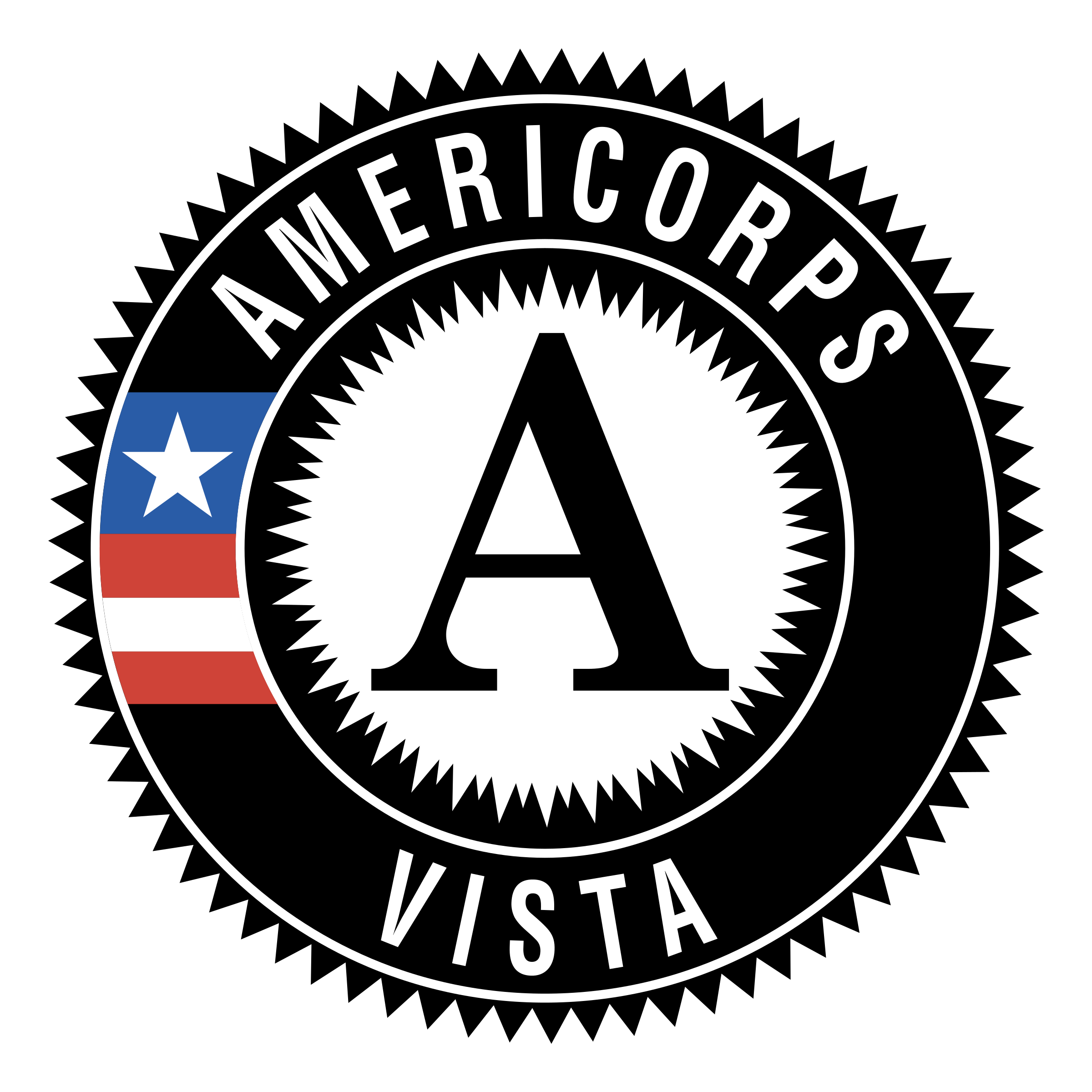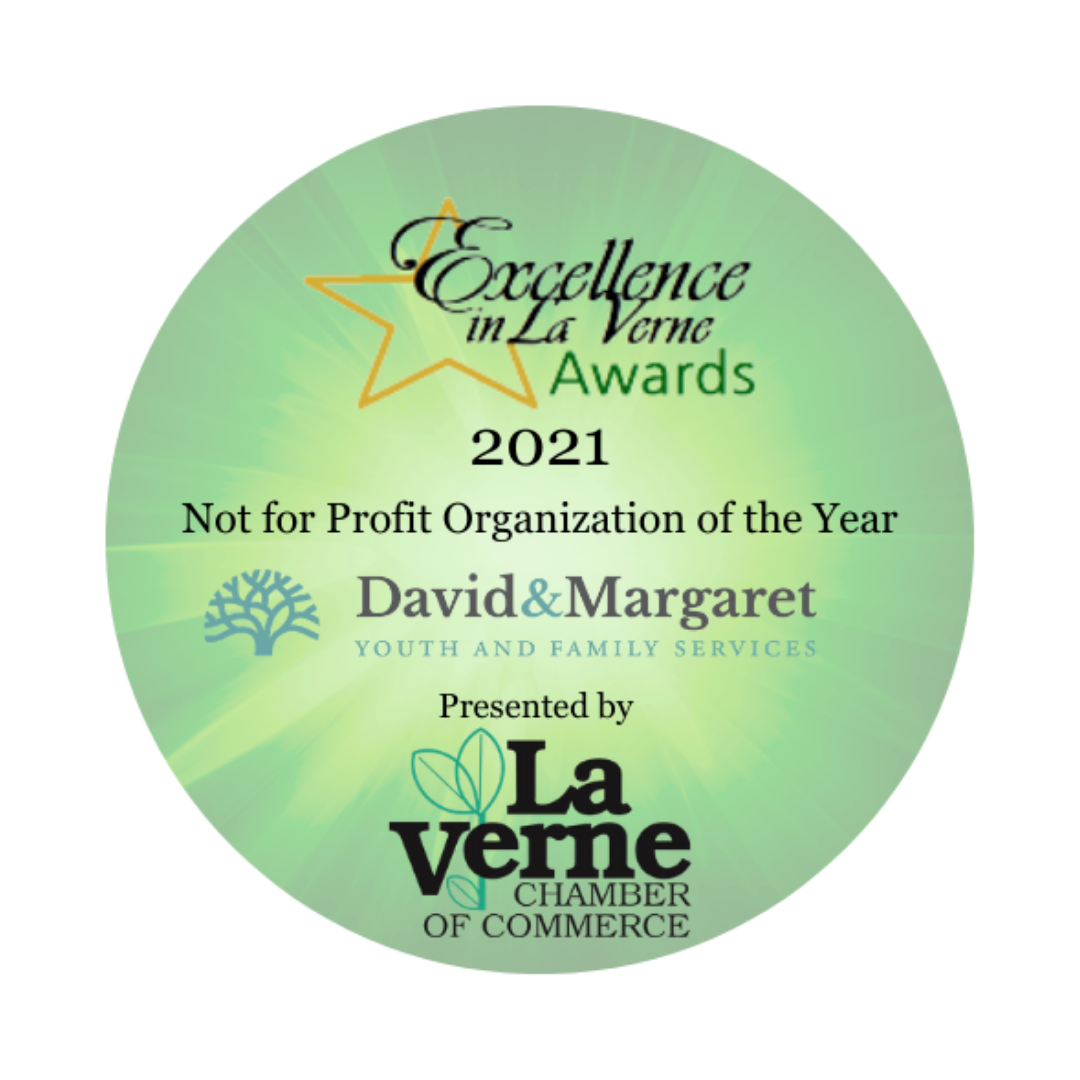For Prospective Foster Parents/Families
What happens after I fill out an interest form?
Within 24 hours of filling out an interest form, a staff member of our team will contact you to share more information, answer your questions, and provide information for one of our orientation sessions. From the first point of contact, if an individual is interested, they are invited to complete an application and attend an orientation session. Our Recruiter will schedule in-home meetings to review the home's space and safety as well as schedule a S.A.F.E home study, a report that helps with developing skills and the matching process. The family members over 18 will also complete a background check and medical exam, the cost of which is covered by David and Margaret. Each adult will take part in 12 hours of training over 6 weeks to gain knowledge of various issues related to foster youth and being a foster parent.
How do I tell if I am qualified? What kind of specific requirements do I need to meet, as a person/family and with my home?
We encourage anyone who feels that they have the qualities to become a good resource parent to contact us. Individuals or couples, married or unmarried, are welcome to inquire about becoming resource parents. Prospective resource parents can rent or own their homes or apartments. To qualify for being a resource parent, one must be over the age of 21, have a legal independent source of income, have appropriate space in their home, be able to provide transportation, and be able to pass a background and medical screen. All individuals in the home over 18 must be able to pass the background and medical screens.
How do I talk to my other children about my interest/decision?
The first step to talking with your other children is to make sure that you fully explain what foster care means. Helping your other children learn about foster care, in terms they can understand, will allow them to ask questions and learn more about what motivates you to be interested in fostering. It is important to help your child understand that a foster youth does not replace them in your home nor does it replace your feelings for them. Discussions about your interest are also good times to share the realities of foster care. Helping your child, at their own developmental level, understand different behavior they may witness and learn more about trauma can make transitions easier. Allowing your children to be a part of the process from beginning to end is a good way to help them understand more about why you chose to follow this path.
What if I am interested but my spouse/partner is on the fence?
Similar to talking to your own children about your interest, having discussions with your spouse about why you feel this calling and each of your own understandings about what being resource parents entails is very important. It is imperative to be on the same team in regards to fostering a youth. Asking your spouse to attend an orientation session and having discussions with the recruiter afterward where your spouse can ask more questions is a good start.
If I am seriously considering becoming a foster parent, how much money should I set or budget for a new child? Do you provide their school supplies? Do I provide their clothes? How does this work?
Each resource parent is paid a stipend to help offset the cost of adding a member to their home. This stipend is not income but rather meant to support the youth’s needs in the home and supplement the cost of food, utilities, transportation, and other everyday costs. During the approval process, your home will be assessed for safety and to ensure that the youth has the basic necessities in their living space such as a bed and dresser, as well as items appropriate for their age. These items are examples of up-front costs of becoming a resource parent. As stipends are paid at the end of the month rather than at placement, a resource parent should be prepared for the additional costs of food, toiletries and utilities. Youth are provided a clothing and personal allowance for activities or things they want.
Who do I call if I am having a challenge with my foster child and I don’t feel equipped to handle it myself?
Resource parents have access to on-call social workers 24/7 to help with issues or crisis in the home. Social workers are trained to help a resource parent walk through situations or be present on site if needed. Resource parents are also provided with a list of possible scenarios and guidance on who to contact and when. In addition, resource parents are matched with other resource parents through our mentoring program for support that only other caregivers know how to give and can lean on their mentors as well.
Does birth order matter in fostering like it does in adopting? Should I only consider this if my kids are older than the youth I might be placed with?
Much like the dynamics of biological family birth order, birth order in foster care matters as well. Although it is up to each family’s preference, birth order can be taken into consideration when agreeing to foster a youth. Because the traits of being the youngest, middle, or oldest do not change when a youth leaves their biological family for foster care, it may be important to incorporate a youth into your home in the same order. An oldest child will not automatically drop the traits they exhibited as the oldest child just because they are now the youngest child. This may contribute to challenges and power struggles in your home. In addition, adding youth to your home with your own children creates different dynamics so taking into consideration their feelings and birth order traits is important as well. Although birth order is something to consider in fostering, other factors such as gender, trauma history, and development play a role in family dynamics as well. If you choose to foster out of birth order, remember to communicate with your biological as well as foster youth and allow them to appropriately express their views and ask questions about their roles in the family.








